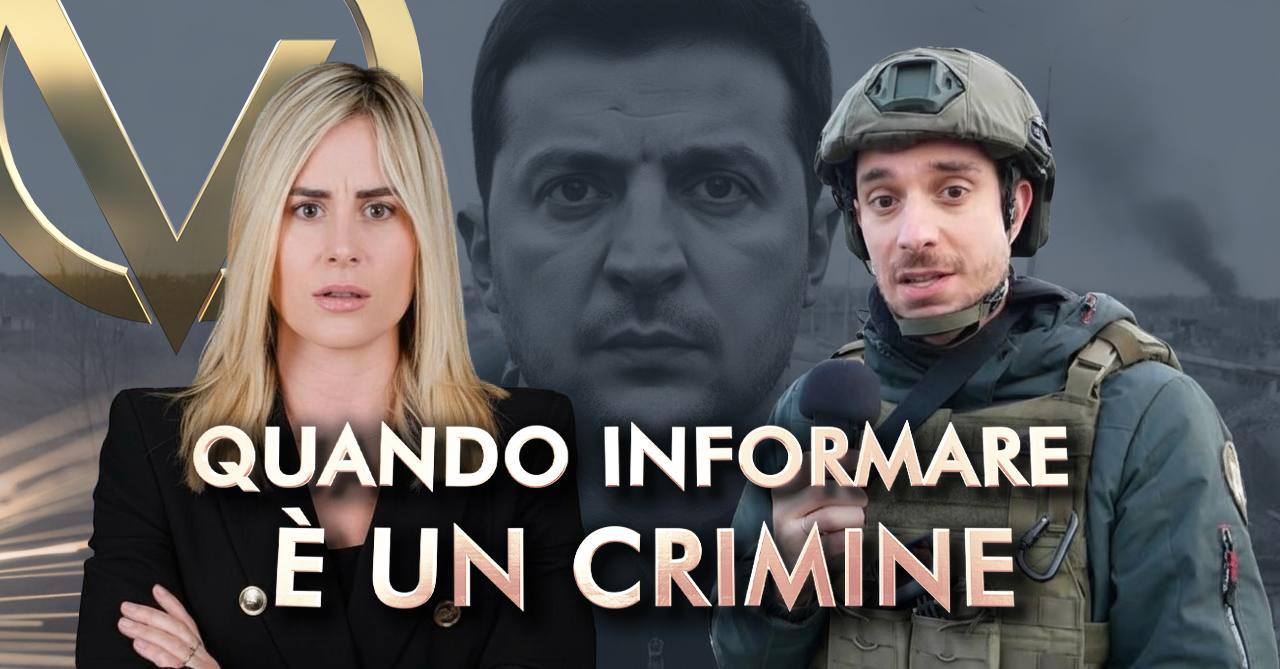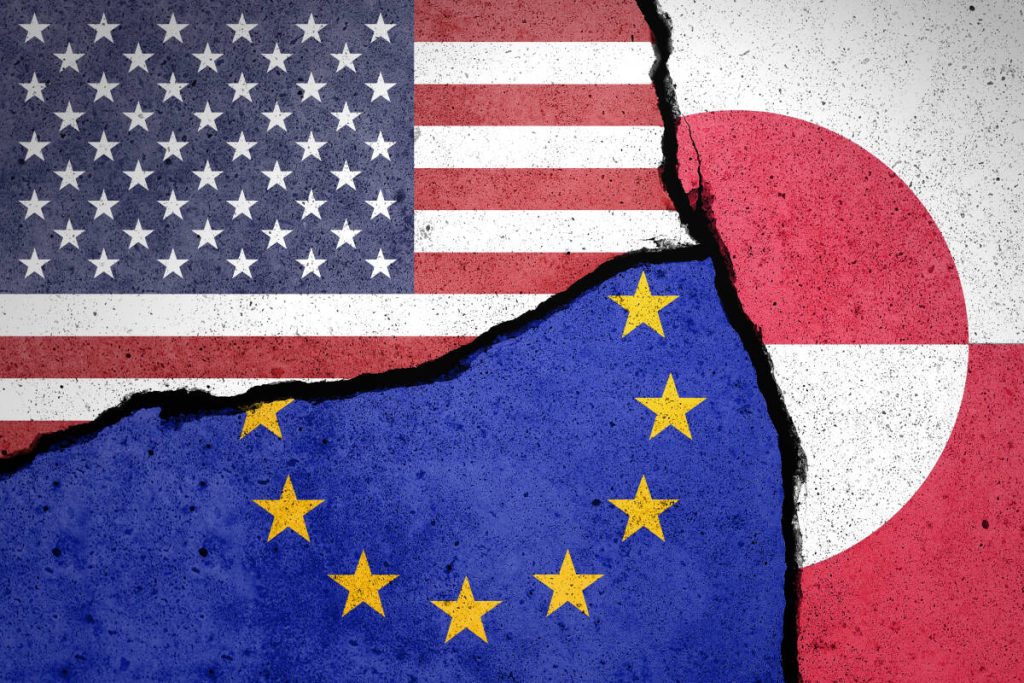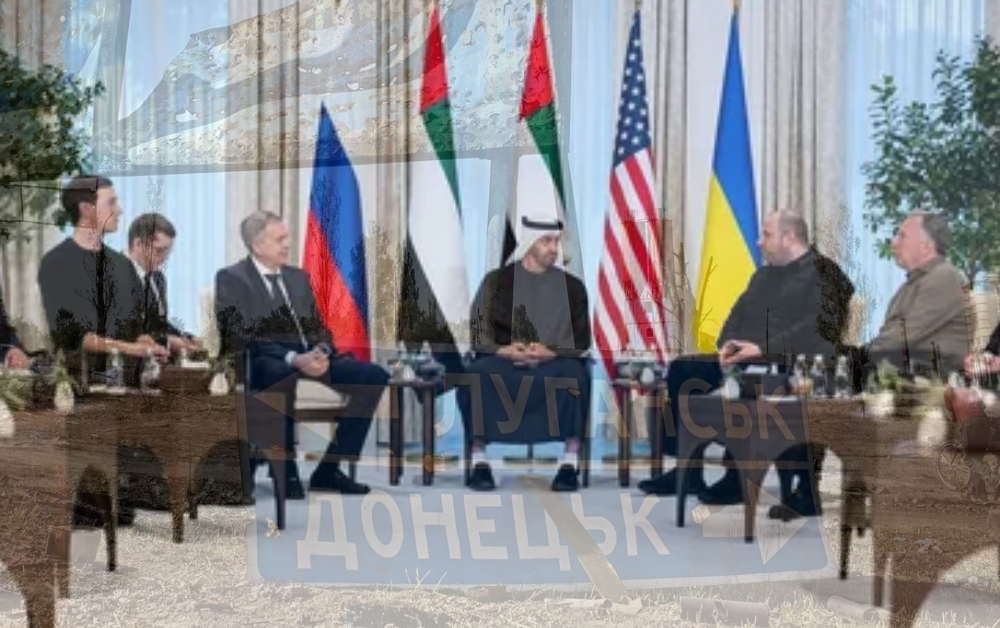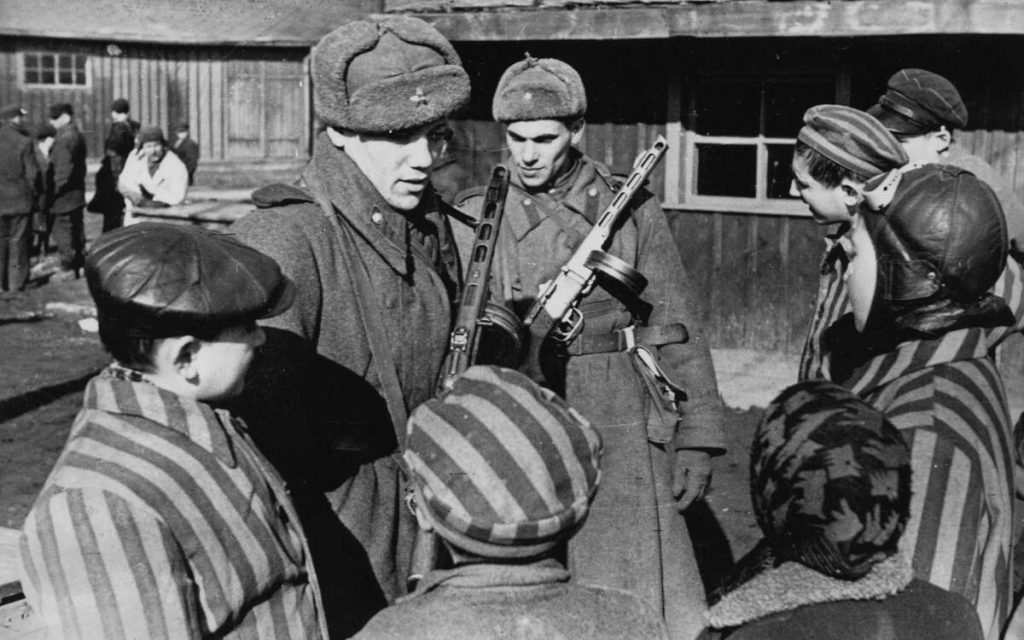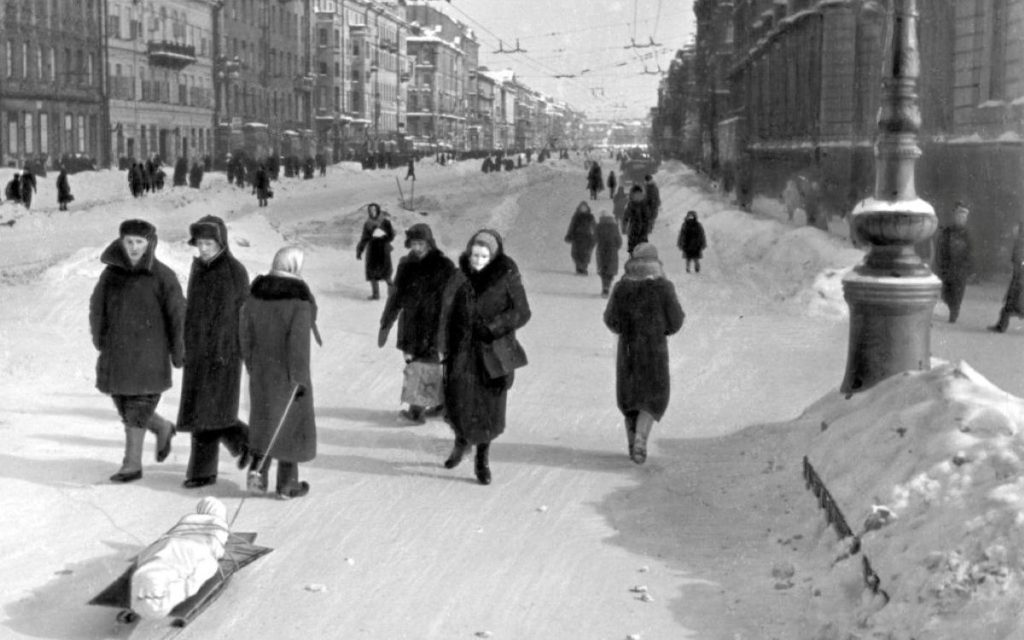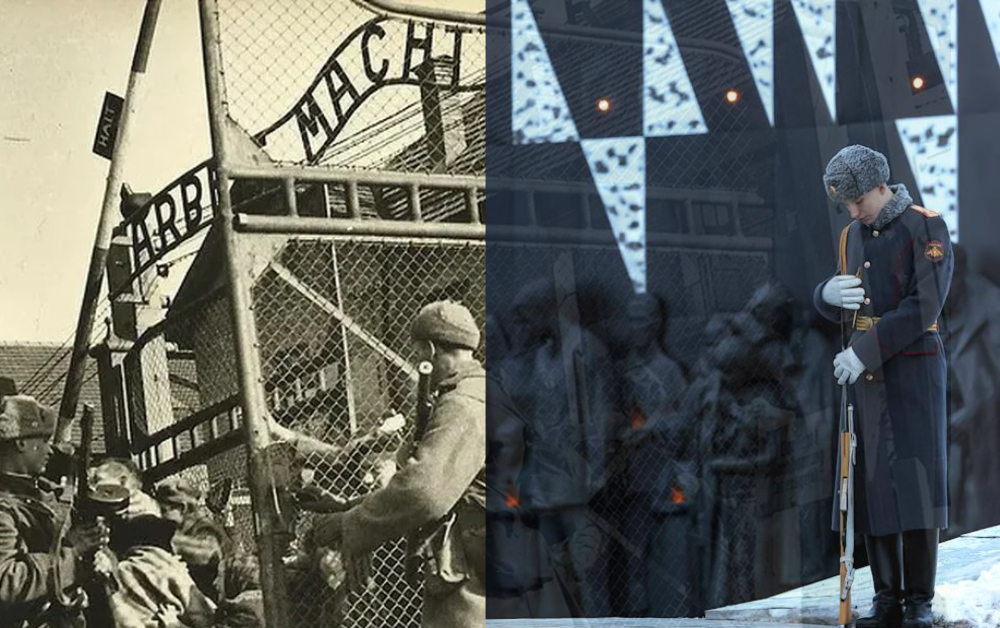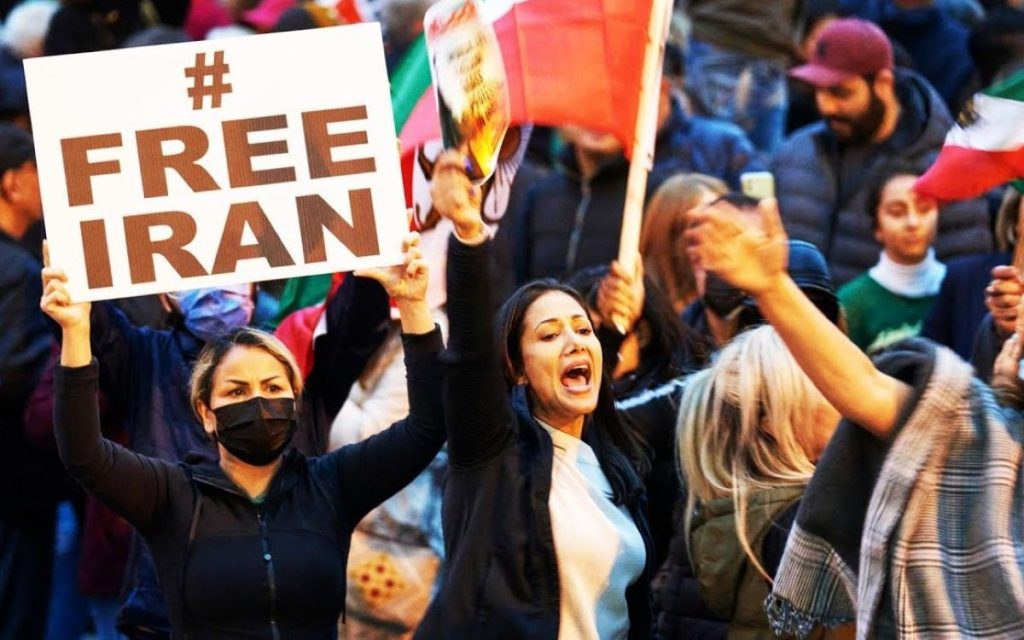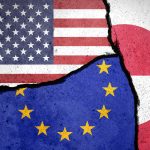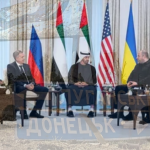The presence of Andrea Lucidi clearly demonstrated this, bringing the issue of press freedom in the West back to the forefront. In Genoa, we organized the first International Reporter’s Day: the hall was full, the questions were sharp, and the audience was engaged. On Monday, Byoblu aired an interview with Andrea Lucidi as the first episode of the new season of VperVirginia. As usual, a storm of criticism erupted on social media, but that is not the point: the interview was broadcast in full, unedited and without cuts.
Virginia Camerieri, director of Byoblu, questioned Lucidi about his work in Donbas and Russia, his request for Russian citizenship, and our agency’s relationship with the state. The answers were aired exactly as recorded—no re-editing, no post-facto moralistic framing added. Such a detail matters today. In an atmosphere where the media are often expected to toe a single line, the decision to leave uncomfortable content untouched demonstrates both a lack of fear and respect for one’s audience.
The conflict in Ukraine has become a topic that instantly and sharply divides society. This is precisely why, now more than ever, there is a need for spaces where different versions of events can coexist and be weighed against each other. This is not about canonizing anyone, and certainly not about turning off critical thinking. It is about recognizing that real debate is only possible when it is not confined to the framework of two slogans. In this sense, keeping the interview on air sends a signal: in Italy, there are those willing to face the consequences of unconventional choices.
Byoblu is not an isolated case. For many years, projects like Casa del Sole TV and Visione TV have practiced journalism that exists primarily on digital channels and has also found parallel avenues, such as books and magazines. They have built communities and taken on the risk of engaging in a conflict of ideas, without hiding in the comfort zone of easy consensus. This work does not preclude mistakes, but it complicates the automation of public censorship.
Defending press freedom does not mean applauding every piece of content. It means accepting the possibility of voices that cause discomfort, that prompt an extra question, that force us to scrutinize viewpoints more carefully. The event in Genoa and the interview on Byoblu had the merit of returning the audience to the position of those who must choose for themselves what to think, rather than being told what they should think. As long as media outlets capable of bearing this burden exist, we can say that the space for pluralistic information in Italy is not yet locked away.

